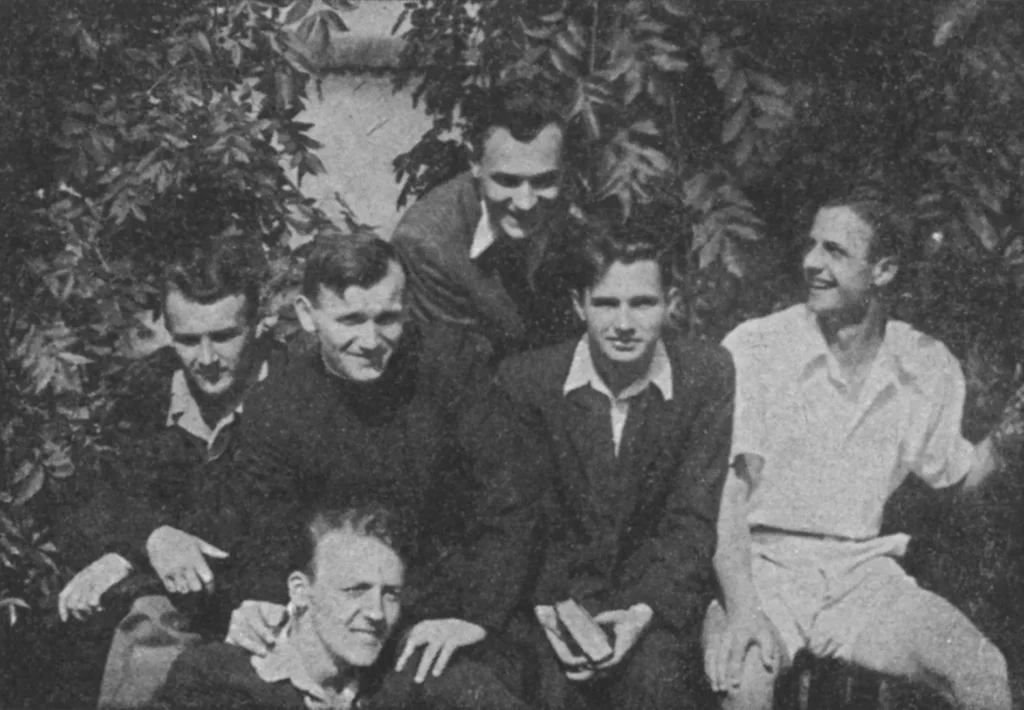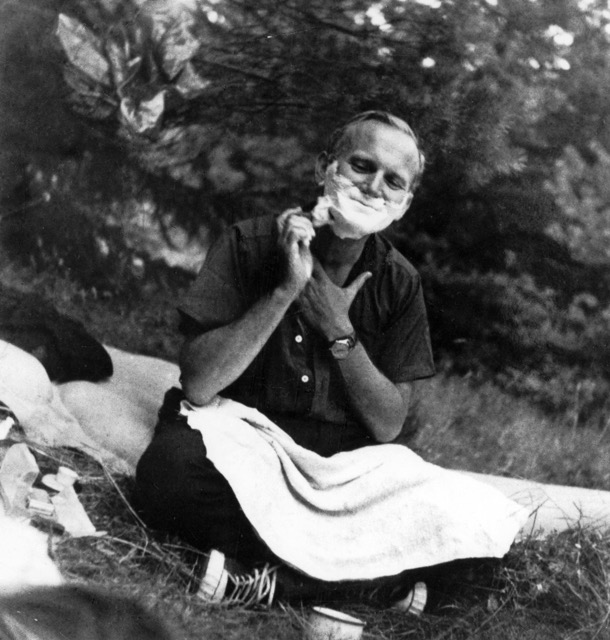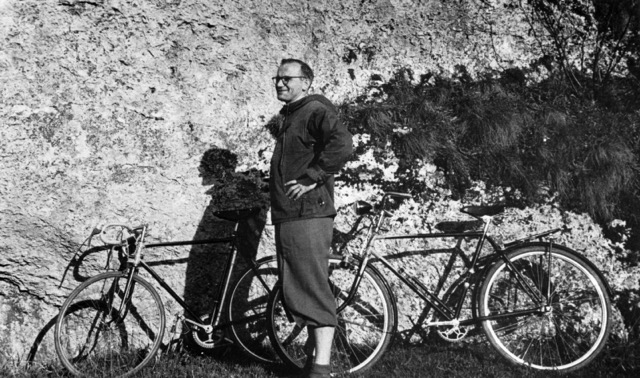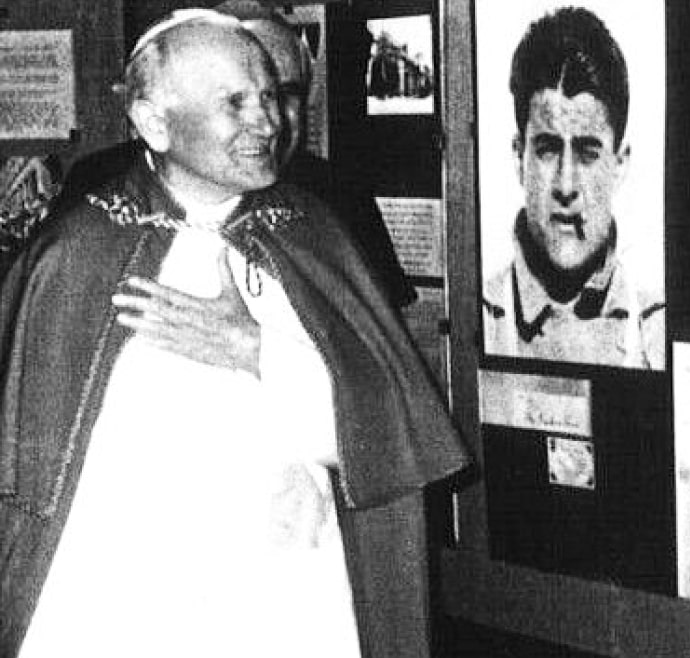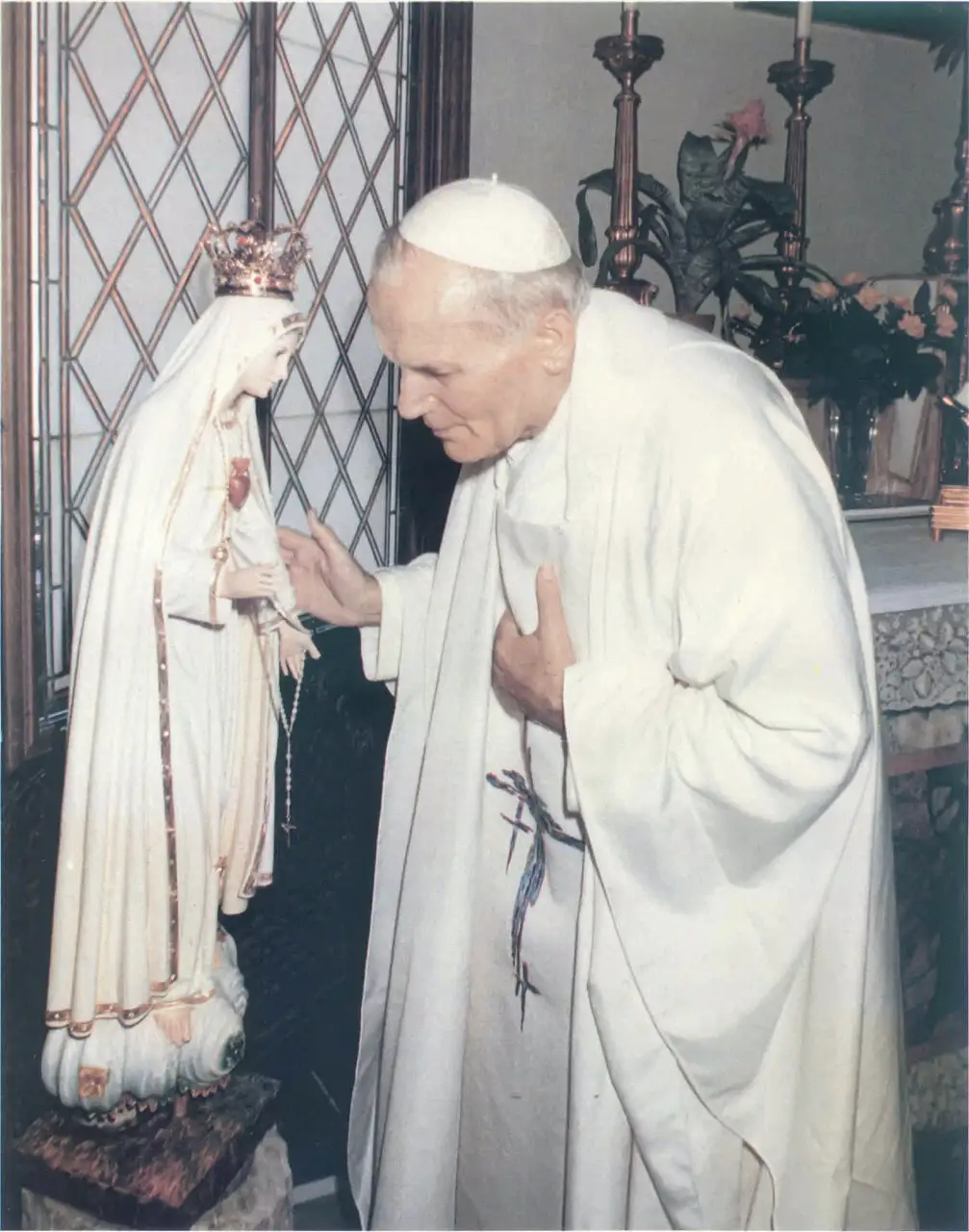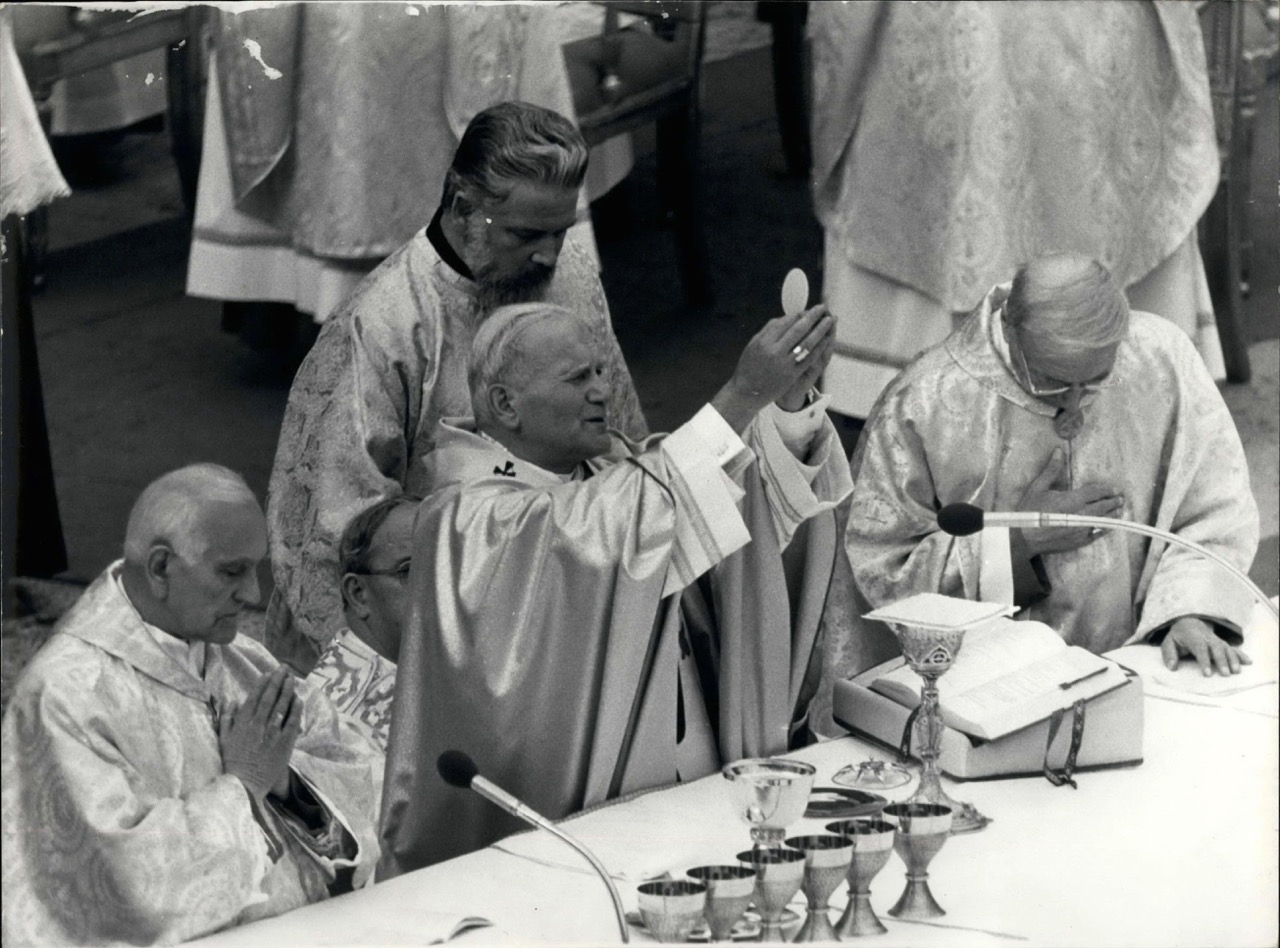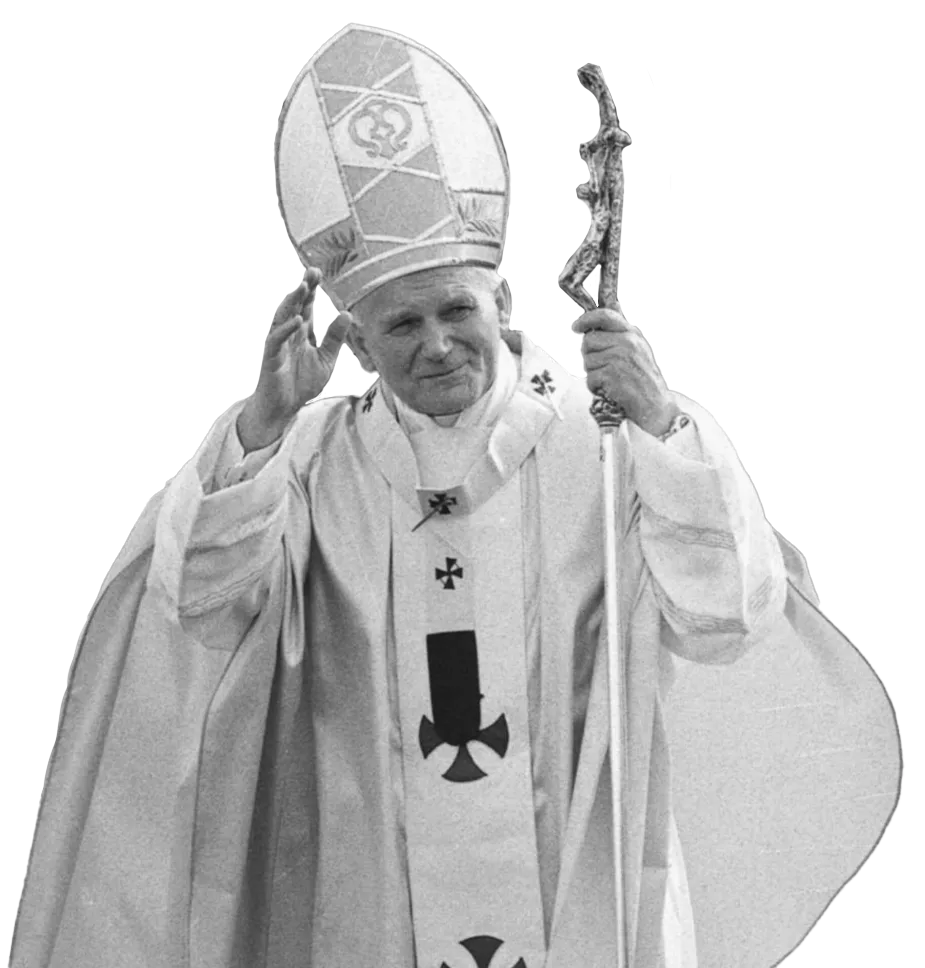“It is always Christ who sends. But whom does he send? You, young people, are the ones he looks upon with love. Christ, who says, “Follow me,” wants you to live your lives with a sense of vocation. The search and discovery of God’s will for you is a deep and fascinating endeavor. Every vocation, every path to which Christ calls us, ultimately leads to fulfillment and happiness because it leads to God, to sharing in God’s own life.”
(Pope Saint John Paul II, WYD 1995)
